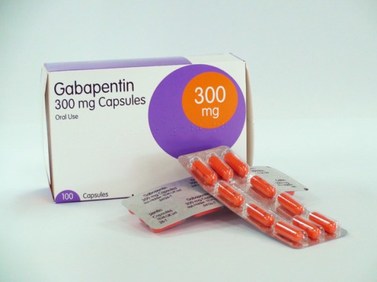
However, addiction medicine specialists have been beginning to use the medication in the management of patients with alcohol use disorder, due to growing evidence that gabapentin, when used at moderate-high doses and compared to placebo, increases abstinence rate and days free of heavy drinking. In addition, studies also demonstrate that gabapentin can reduce withdrawal symptoms and aid in long-term recovery by reducing anxiety, insomnia, and cravings.
The most common side effect of the medication is sedation and drowsiness. Doses tend to commonly range from 900-1800mg per day in TID divided dosing, but can be as high as 3600mg a day.
To find out more, check out one of the RCTs that examined the utility of gabapentin for alcohol use disorder:
http://jamanetwork.com/journals/jamainternalmedicine/article-abstract/1764009
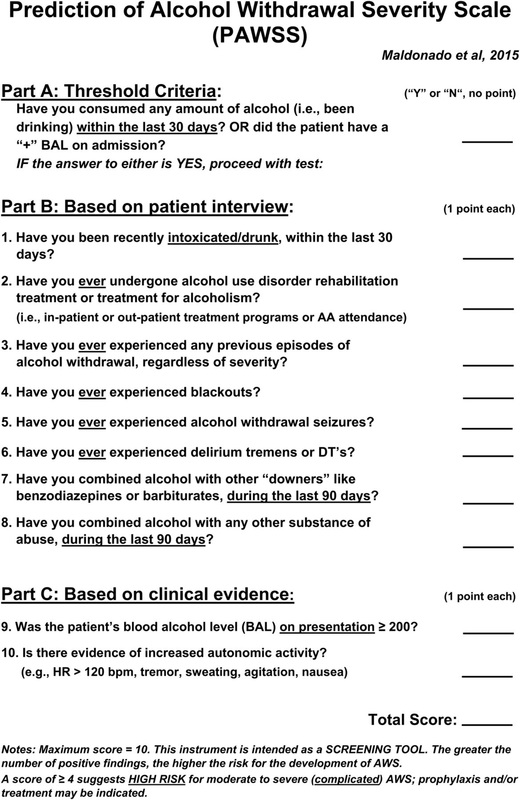


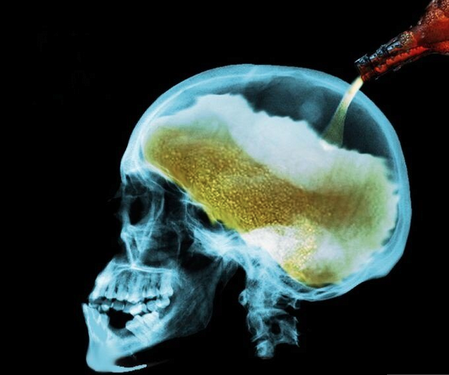

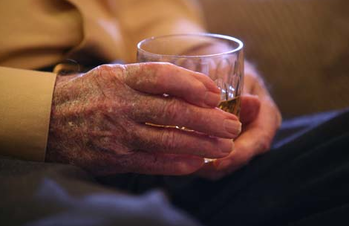

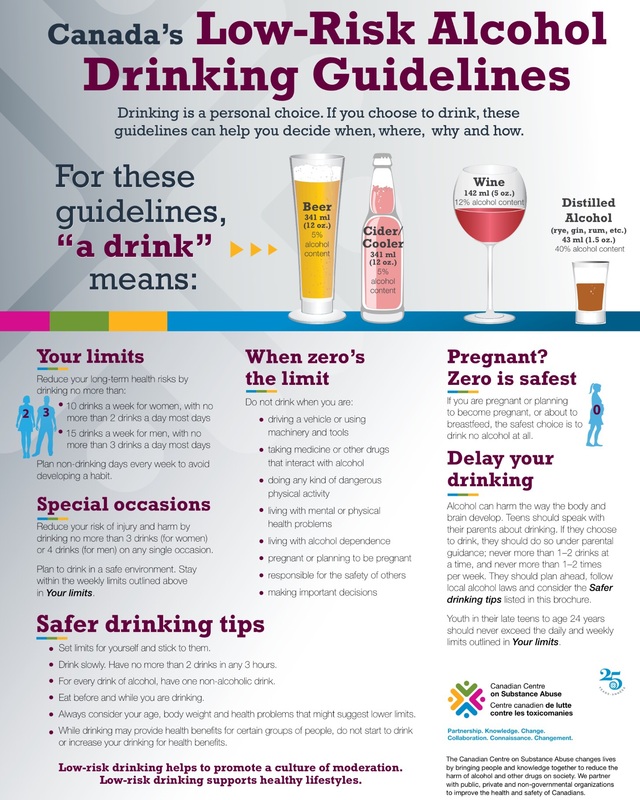
 RSS Feed
RSS Feed
